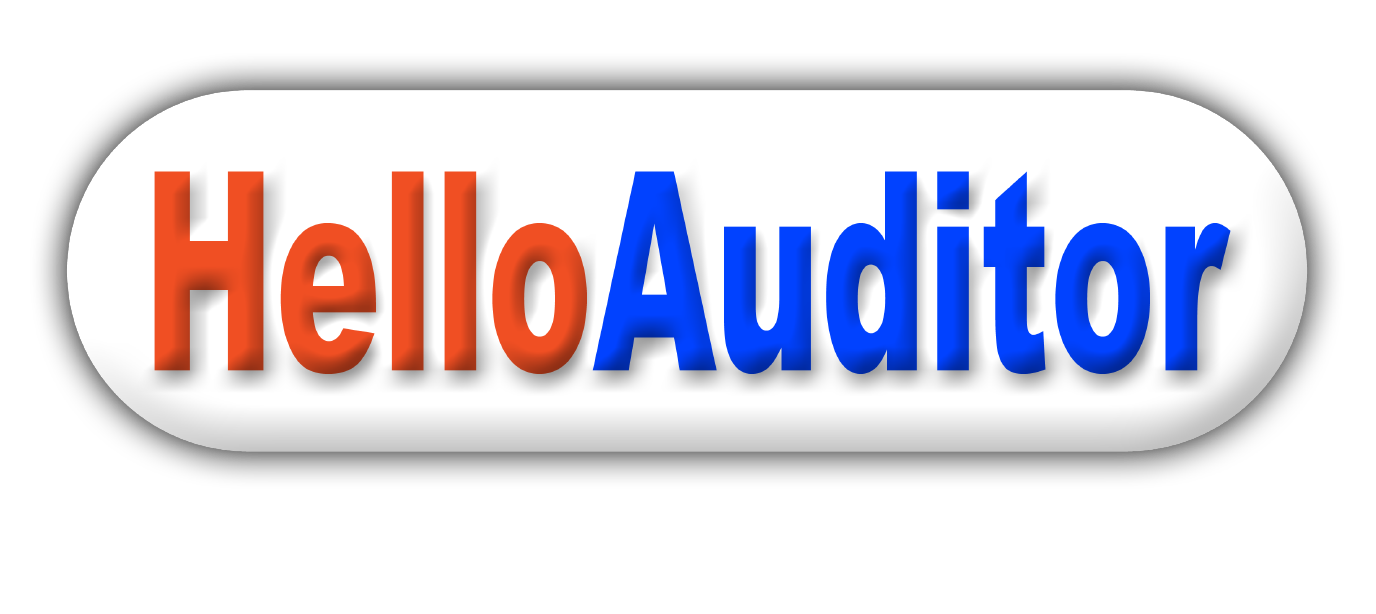Drug License
Register Your Drug License with HelloAuditor.
Absolutely Free Business Startup Consultations & Advisory.
Get Perfect Solutions and to the point answers from our team.
Get 1 to 1 mentorship at point to point services.

Get Free Consultation
Overview
A Drug License is a regulatory permit required for the manufacture, distribution, and sale of pharmaceutical drugs and medical products. This license ensures that drug-related activities comply with safety, efficacy, and quality standards, protecting public health.
What is a Drug License?
A Drug License is an official authorization issued by local or national health authorities that permits individuals or businesses to engage in the manufacture, distribution, or sale of drugs and medical products. It confirms that the activities meet the regulatory requirements set forth by health authorities.
Why a Drug License is Important?
Health and Safety Compliance
Ensures that drugs and medical products are manufactured, stored, and distributed according to safety and quality standards.
Get Free Consultation
Legal Operation
Provides official recognition for drug-related activities, allowing lawful business operations.
Consumer Protection
Protects consumers by ensuring that drugs are safe, effective, and properly labeled.
Regulatory Requirements
Complies with local and national regulations regarding drug manufacture and distribution.
Market Access
Facilitates the entry and distribution of pharmaceutical products in the market.
Eligibility for Drug License
Business Type
Applicable to manufacturers, distributors, wholesalers, and retailers of pharmaceutical drugs and medical products.
Compliance with Regulations
Must adhere to local health, safety, and drug regulations.
Quality Control
Must have quality control procedures and facilities in place for drug manufacture and storage.
Documents Required for Drug License
Application Form
Completed application form provided by the relevant health or drug regulatory authority.
Proof of Identity
Valid identification documents of the business owner or responsible person.
Proof of Address
Address proof of the business premises or manufacturing facility.
Drug Control Authority Approval
Approval from the Drug Control Authority or equivalent regulatory body.
Facility Details
Documentation of the manufacturing facility, including quality control measures and hygiene practices.
Product Details
Information about the drugs, including formulations, labeling, and packaging.
Business Registration Documents
Certificate of business registration or incorporation.
Compliance Certificates
Certificates indicating compliance with good manufacturing practices (GMP) and other relevant standards.
Steps to Obtain a Drug License
Prepare Documentation
Gather all required documents, including proof of identity, facility details, and drug information.
Submit Application
Complete and submit the application form along with the supporting documents to the relevant health or drug regulatory authority.
Facility Inspection
Arrange for an inspection of the manufacturing facility or business premises to ensure compliance with safety and quality standards.
Product Review
Submit drug details for review by the regulatory authority to ensure they meet safety and efficacy requirements.
Address Feedback
Respond to any feedback or additional information requests from the regulatory authority.
Receive License
Once all requirements are met and the review is successful, the drug license will be issued.
Benefits of Drug License
Regulatory Compliance
Ensures that drug-related activities comply with legal and safety standards.
Operational Legitimacy
Provides official authorization for manufacturing, distributing, or selling drugs.
Consumer Confidence
Builds trust with consumers by demonstrating adherence to drug safety and quality standards.
Market Access
Facilitates the entry and distribution of drugs in the market.
Risk Management
Helps in identifying and mitigating risks associated with drug manufacture and distribution.
FAQs on Drug License
1. Is a drug license required for all drug-related activities?
Yes, a drug license is generally required for manufacturing, distributing, and selling drugs and medical products.
2. How long does it take to obtain a drug license?
The processing time can vary based on the efficiency of the regulatory authority and the complexity of the application. It typically ranges from a few weeks to several months.
3. Can a drug license be transferred or updated?
A drug license is specific to the business and location. Changes, such as relocating the facility or modifying the product range, may require updating or reapplying for a new license.
4. What happens if the drug license is not obtained?
Operating without a drug license can result in legal penalties, fines, or business shutdowns. It may also affect the ability to market and distribute drugs.
5. Can a drug license be revoked?
Yes, a drug license can be revoked if the business fails to comply with regulatory requirements or if significant violations occur.
6. What are the costs associated with obtaining a drug license?
Costs may include application fees, inspection fees, and charges for ensuring compliance with safety standards. The total cost varies depending on the authority and the scope of activities.

